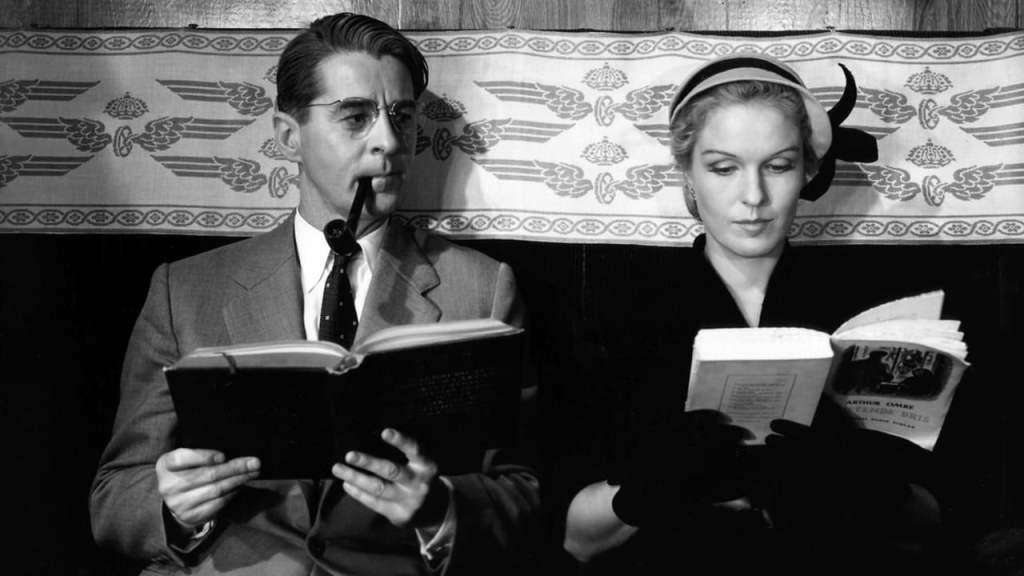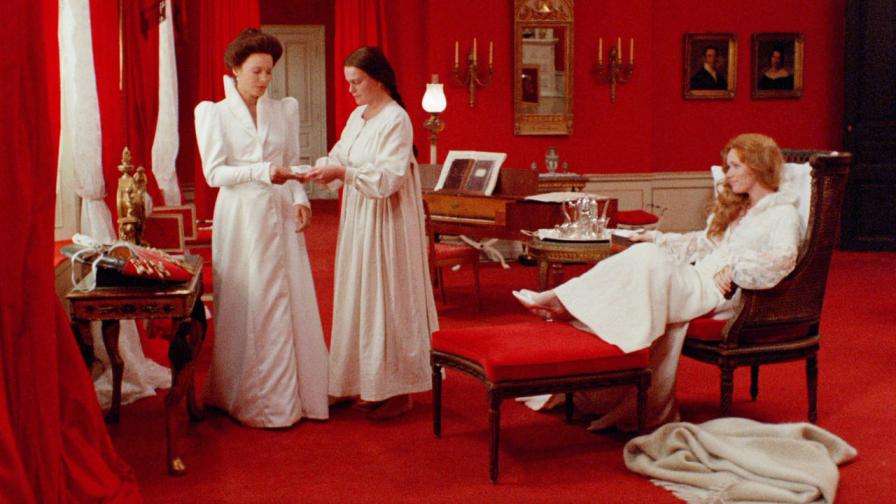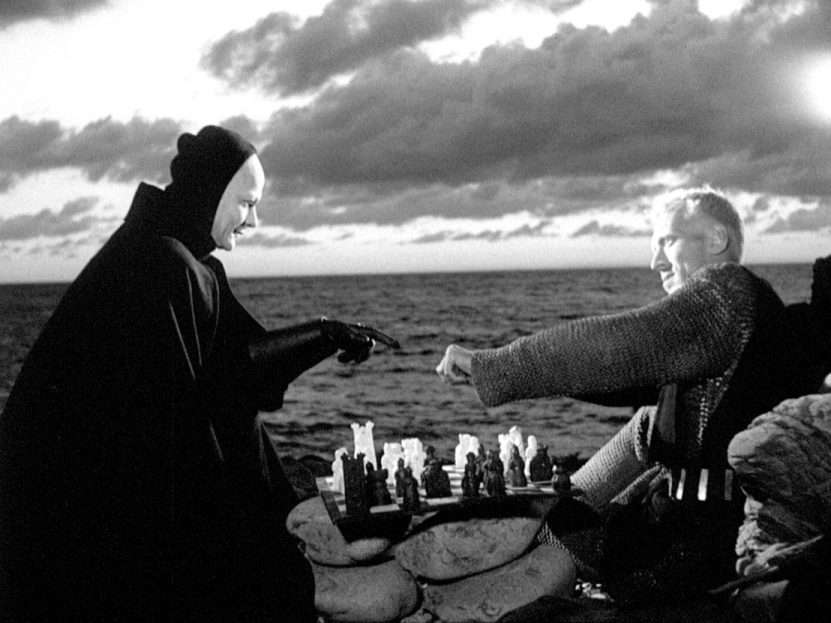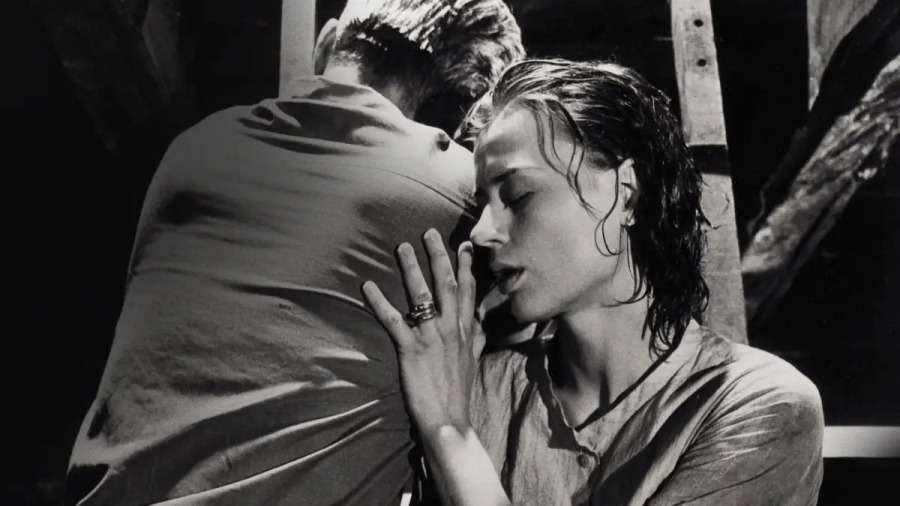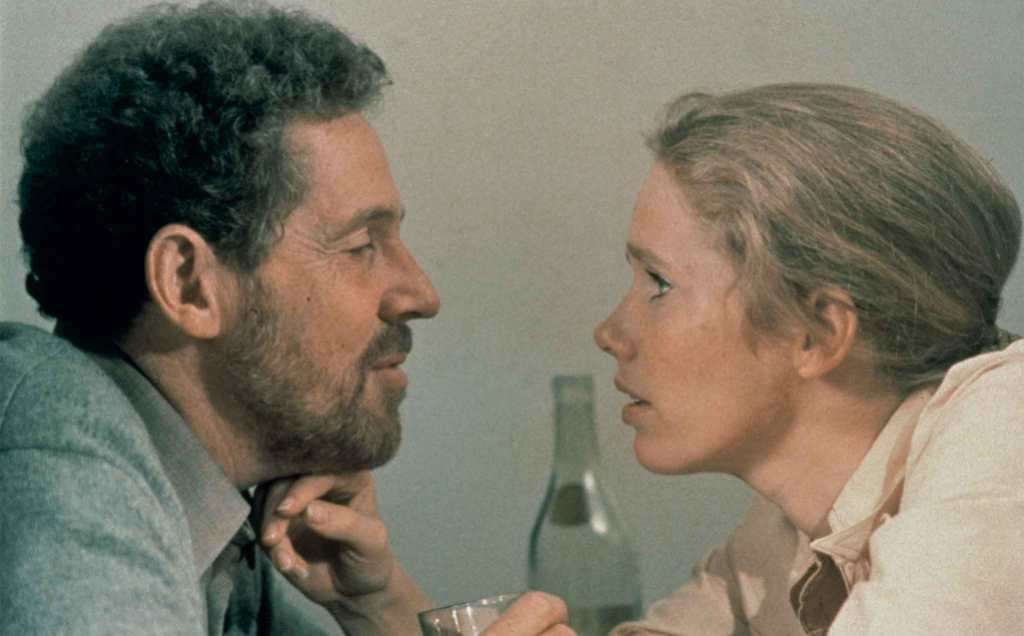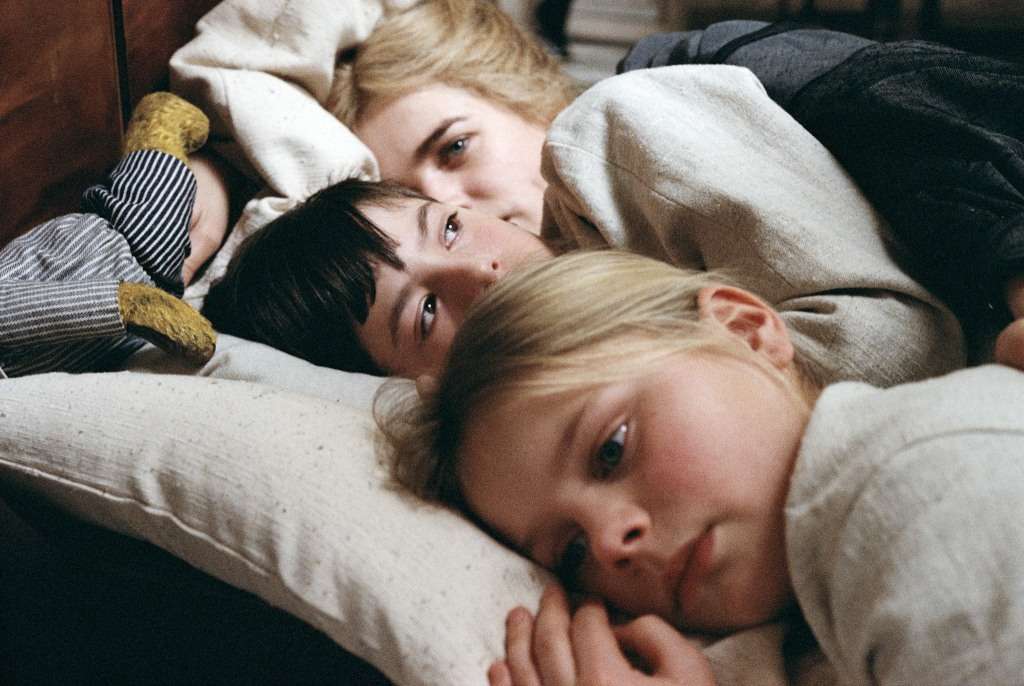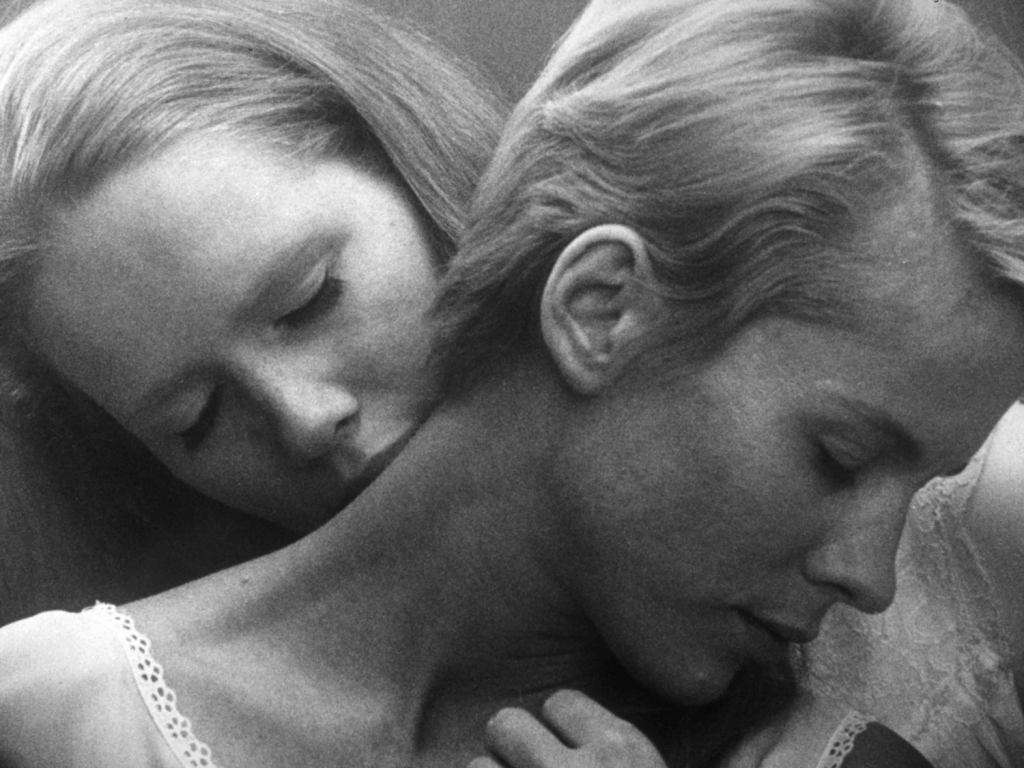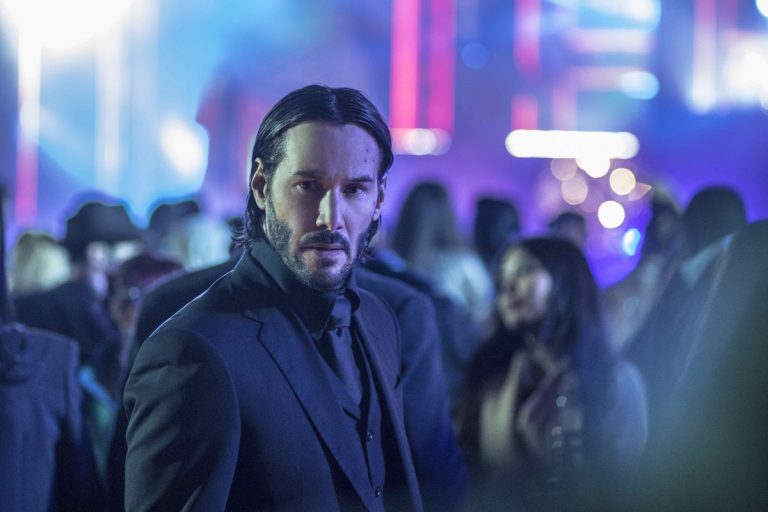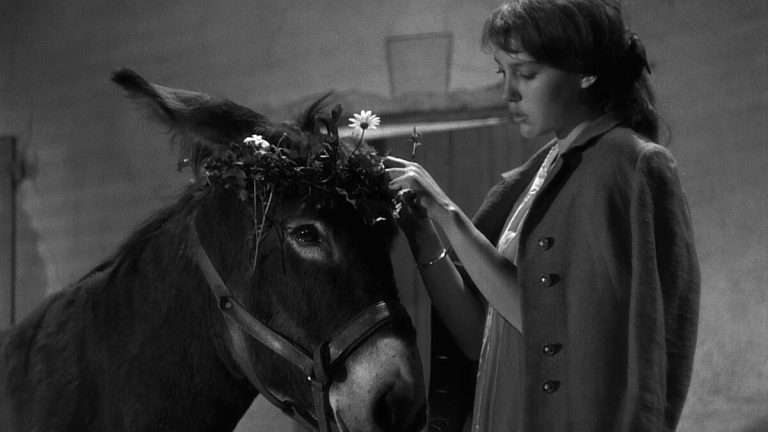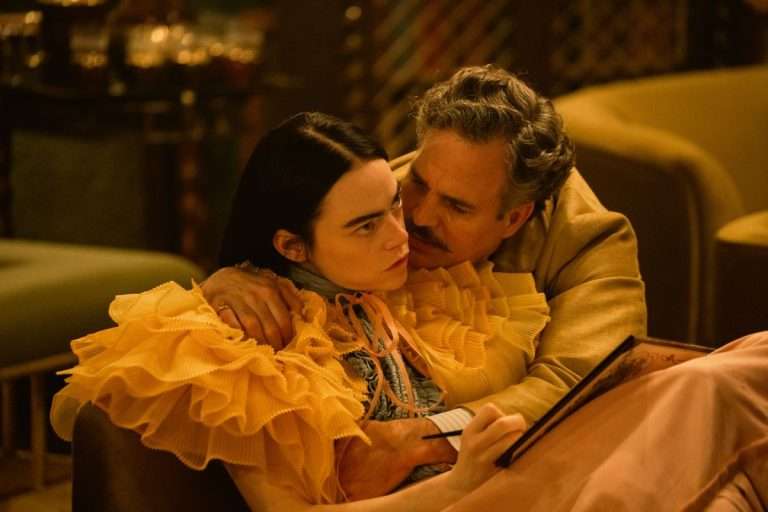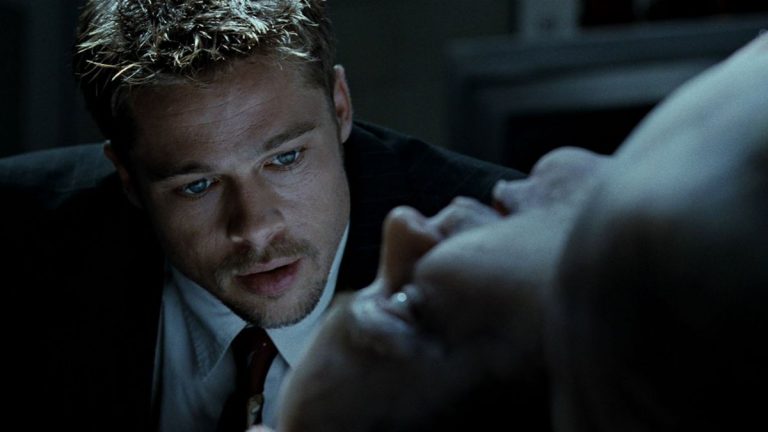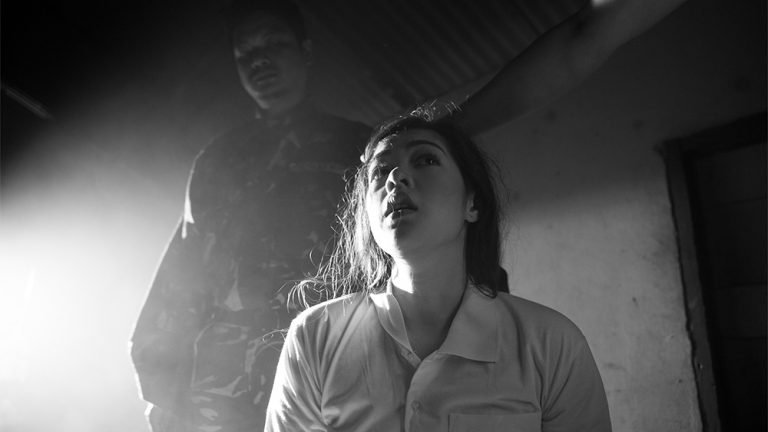The movies of Ingmar Bergman contain multitudes. His achingly humane dramas meditate on grief, loss, the process of aging, and the inevitable wrath of death. They do so both on the surface – with the closely observed performances and gorgeous deep-focus cinematography provided by his impeccable stable of collaborators – and underneath it, as layers of intricate and complex storytelling unfurl with every rewatch. If you are scratching your head in wonder trying to decipher the essence of Bergman, you’re not the only one. In fact, you join a long list of dedicated fans, which include New Hollywood doyens Martin Scorsese and Woody Allen, both of whom have spent their lengthy careers in artistic debt to the Swedish master. If an artist’s merit is determined by his cultural impact, then Bergman can rank among the best of the best.
Whittling down Bergman’s enormous and impressive filmography to a top 10 is a truly futile task, but in this listicle, I hope to provide an insight into why these existentialist Scandi-dramas remain such a constant source of fascination, inspiration, and entertainment for generations of cinephiles, mixing vaunted classics with relatively overlooked masterpieces.
Recommended Read: Love, God, and Silence: The Evolution of the Films of Ingmar Bergman
10. A Lesson in Love (1954)
Bergman’s name is associated with themes of deathly importance, but he could sometimes shine in the most farcical of circumstances. A Lesson in Love may be the most successful of his comedies and one of his most critically underrated films. Taking one classic genre, the romantic comedy, and translating it into another popular trope, the train movie, Bergman can flex his muscles sufficiently as a director in various disciplines. The keen eye for blocking and proxemics used to create devastating psychological and erotic undertones in Persona in 1966 is also exemplified in this light and airy tale of infidelity. The absurdity of the central couple’s romantic flings, as well as their underlying closeness despite it all, is brilliantly reflected in this confined space.
By the film’s brilliant, bawdy coda, the viewer is bestowed with emotions such as laughter, relief, and joy. It’s unfamiliar territory for those who have only seen the master’s classics, but let it be known that for years, Bergman specialized in these intricate comedies of manners, able in his infinite wisdom to reveal as much through misunderstanding and mishap of his humor as he was through the cries and whispers of his drama. If there’s one Bergman comedy to put on your watchlist, it’s this breezy, funny, well-acted delight.
9. Cries and Whispers (1972)
Bergman once said that all of his films can be seen in black and white except one. The anomaly is, of course, Cries and Whispers, the 1972 drama made famous by its striking crimson hues that won cinematographer Sven Nykvist a richly deserved Academy Award. The film was also nominated for Best Picture, signifying a significant crossover success despite the film’s typically meditative pace and deathly dark themes. Further proof, as if any were needed, that great cinema can overcome what Bong Joon-ho once labeled the “one-inch barrier” of subtitles and cross international borders. After all, the themes of family and death that Bergman deals with here are painfully universal, enhancing Cries and Whispers’ power.
Anchored by a powerhouse performance from Liv Ullman, Cries and Whispers depicts three sisters of the Swedish aristocracy who must confront their sibling Agnes’ terminal illness. Under the most extreme of circumstances and emotional hardship, the complex dynamics of sisterhood come to the fore. Each woman confronts reality in a different way, and their rage and existential dread are manifested in bouts of spite towards one another, though their love for one another cannot be questioned. In the film’s elegiac ending, the lines between dream and reality, life and the afterlife, begin to blur, a stunning testament to the inevitability of death and the enduring legacy of living.
Related to Ingmar Bergman Movies: Xavier Dolan Picks 10 Greatest Films Of All Time
8. The Seventh Seal (1957)
It’s perhaps true that time has taken the sheen off of The Seventh Seal, the first of Bergman’s two seminal 1957 masterpieces that continue to define his legacy. The movie’s central image, of a desperate knight (Max von Sydow in a star-making role) playing chess with death itself, has become an emblem of the director’s overall ethos: a visually stark, somewhat playful visualization of man’s eternal struggle against death. It’s also incredibly easy to imitate, parody, or lampoon, and in the context of Bergman’s more richly textured work in the decades to come, it can feel rudimentary to a fault. But still, there’s something indelibly powerful about this leaner incarnation of Bergman. For anyone taking their first steps into his enormous filmography, it’s still truly essential viewing.
As well as an iconic set piece, the chess match also operates as a clever framing device, interspersed with an entertaining narrative that draws on the Scandinavian heritage of knights and traveling actors companies, shot in evocative black-and-white by Nykvist. Ultimately, a battle with mortality leads to a pursuit of life’s meaning – an interrogation of Bergman’s lifelong existential dread. It may seem ironic, then, that such a bleak picture ends with a dance. Depending on your interpretation, it’s ever a perverse joke or, more encouragingly, an embrace of life’s pleasures despite the pain.
Related to Ingmar Bergman Movies – Every Andrey Zvyagintsev Film Ranked
7. Through a Glass Darkly (1961)
Bergman’s insights into the human condition were always incredibly astute when navigating the complex psyches of women on the edge. In Through a Glass Darkly, the auteur delivers one of his most no-nonsense depictions of emotional isolation and dissatisfaction, aided by the wonderful work of Harriet Andersson, who imbues this melodrama with a much-needed dose of elegance and nuance. Having Max von Sydow in support is hardly a hindrance either.
Through a Glass Darkly is also notable as perhaps the most singular portrayal of Bergman’s favorite secluded beauty spot – Faro. As anyone who watched Mia Hansen-Love’s acclaimed drama Bergman Island will know, this Swedish island was a constant source of inspiration and comfort for the filmmaker. Its haunted and sparse landscapes, surrounded by the frosty, foreboding Baltic Sea, form the contours of this often challenging psychodrama, which contains multitudes within its 24-hour time frame and terse 91-minute runtime. It’s little wonder this film signified a vital crossover with American cinema, Bergman’s second successive victory after the equally moving The Virgin Spring in 1960. With four decades of his career still to come, the filmmaker’s tentacles were already spreading across world cinema, establishing a legendary legacy that remains intact today.
6. Scenes from a Marriage (1974)
Scenes from a Marriage is one of the few Bergman classics subjected to a high-profile remake across the Atlantic, adapted by the Israeli director Hagai Levi for HBO in 2021. Of course, the original was also a work of television before a condensed theatrical version was released to rave reviews. With all due respect to the directors and producers working at Sweden’s national broadcaster in 1973, it’s hard to imagine another contemporary programme with such startling cinematic clarity, foreshadowing the rise of prestige television decades later. Such was the project’s influence that some critics accused it of inspiring a rise in European divorce rates, proof if any was needed of the powerful work that Bergman and performers Erland Josephson and Liv Ullman drew from the simplest of premises.
Scenes from a Marriage boils down to just that: six scenes in the life of an ostensibly ideal upper-class couple who are drawn apart by disaffection, infidelity, paranoia, and maybe even downright boredom. The genius at play here is when Bergman decides to adjust the volume and tone of their seemingly sterile conversations, coaxing drama from the mundane and brutal banality of their biggest arguments. It’s perhaps comparable to a bleaker incarnation of the ‘hangout’ cinema pioneered by Richard Linklater and his ilk’s ‘90s independent cinema, inspired by Bergman’s fearless flaunting of narrative convention. Even Bergman himself found it fertile ground for revisitation, making a bittersweet sequel titled Saraband in 2004.
Related to Ingmar Bergman Movies: 10 Great European Movies That You Just Can’t Miss
5. The Silence (1963)
The Silence is one of Bergman’s most notorious puzzle boxes and yet another fascinating portrait of female identity and desire or, perhaps, just the desires of one female. Whether the film’s protagonists, Ester and Anna (played by Ingrid Thulin and Gunnel Lindblom), are, in fact, two sides of the same woman remains a subject of scholarly debate. A telling anecdote about the film’s true nature comes from an unlikely source. In an interview with Mark Kermode in the 2000s, Woody Allen recalled his only conversation with his idol. The American director was, of course, keen to discuss the hidden worlds and meanings of a film such as The Silence.
Bergman, however, was more concerned with the logistics and funding for his next film. The story tells us that despite the notoriously head-scratching nature of his work, Bergman was far from a navel-gazer, and perhaps the best way to interpret his works is to take it literally. After all, the influence of this film came directly from his experiences traveling Europe after the devastation of World War II. The Silence is such a riveting, involving drama, no matter how you view it. By directly confronting matters of sexuality and psychosis so frankly, Bergman creates a devastatingly sad portrait of the emptiness of those who occupy the aristocratic milieu.
Related to Ingmar Bergman Movies – Every Andrei Tarkovsky Film Ranked
4. Autumn Sonata (1978)
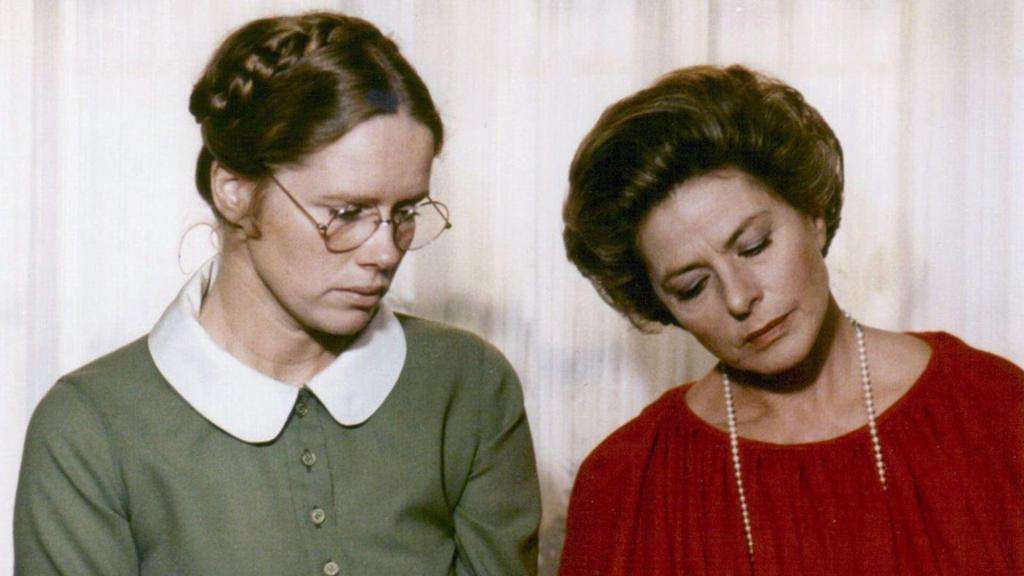
The only thing better than one Bergman is two of them, as evidenced by this 1978 masterpiece, which united Ingmar with his legendary namesake, Ingrid. The Hollywood A-lister had always had highbrow tastes (she rocked the film industry with her affair with Roberto Rossellini in the ‘50s), but no collaborator worked her harder and drew out more of her ample talents as a performer and as a storyteller in her own right. Pitched alongside the equally legendary Liv Ullman as an estranged mother and daughter bound together by grief and music, the stage is set for one of cinema’s most affecting dramas.
Music forms the cornerstone of the drama, as well as providing the film with a distinguished sonic identity. As a classically trained concert pianist, music is how Charlotte (Bergman) communicates with those around her. However, it also masks her deficiencies as a parent after decades of neglecting her children in search of artistic perfection. The quests for self-discovery embarked on by both mother and daughter are as compelling and somber as anything Bergman (Ingmar or Ingrid) ever produced. Autumn Sonata stands as a prime example of Bergman’s last truly great era, a time in the 1970s and early ‘80s when he had crystallized his thematic preoccupations – family dynamics, female identity, mortality – into efficient stories and a full, beautiful embrace of color photography.
Related to Ingmar Bergman Movies: A Quest for Home in Ingmar Bergman’s ‘Autumn Sonata’
3. Wild Strawberries (1957)
After releasing such an enduring classic as The Seventh Seal in February 1957, most filmmakers would take at least a year off. Not Bergman, who by December had already finished his next masterpiece, Wild Strawberries, another tale of confronting mortality a thousand times more beautiful and haunting than the first. Rather than facing death directly, the cantankerous Professor Isak Borg has to battle the glacial yet inevitable process of aging and battle the demons of his past in the process.
Borg is played with perfect pathos by Victor Sjöström – Bergman’s immediate fore-bearer in regards to Swedish existentialism – as the centerpiece of a uniquely bleak kind of road movie. All the hallmarks of the genre are present – as Borg travels to a celebration of his life’s work, he discovers the journey to be far more important than the destination. Each pitstop opens up a new set of memories. Bergman’s inventive framing renders these memories interactive, allowing Borg to become an active participant in his adolescent innocence and adult regrets.
The cumulative effect recalls an old adage that the wrinkles in your face occur when you have made a mistake, the consequences of which cannot be reversed. As the protagonist in this masterpiece enters the autumn of his life (Sjöström himself would die less than three years after Wild Strawberries’ release), the solace and melancholy of reflection take full effect, and the result is something genuinely touching.
Related to Ingmar Bergman Movies: 20 Underrated Road Movies You Need to See
2. Fanny and Alexander (1982)
The finest film from Bergman’s aforementioned regal period – when he embraced color photography, and in turn was embraced by the Academy Awards with almost clockwork regularity – Fanny and Alexander is structured like a classic novel. This story of one family, two children, and one year in their lives could have been ripped from the pages of Tolstoy. Still, in execution, the masterful direction, cinematography, and performances (especially from the children) place this 1982 epic firmly in the cinematic canon.
Much of the heavy lifting is delivered by the crew’s set and costume departments, who, with meticulous attention to detail, immerse the audience in early-20th century Sweden and, therefore, the lives of the Ekdahls. Paradoxically, this exacting period setting is Bergman’s foremost tool in instilling a relatability and universality to the tale of the two children. Through an expansive runtime, the director can make the audience accustomed to the quotidian routines and customs of this environment, emboldening our empathy with the characters.
As ever, Bergman’s introspection and philosophical themes invite us to explore our own psyches and lived experiences – the extent to which his work is ‘cerebral’ or ‘thought-provoking’ belies the fact that the depth of feeling can only be drawn from the personal wellspring of the viewer. In this case, it’s impossible not to feel so deeply and passionately about this divinely inspired late-career tale of family dynamics and love.
1. Persona (1966)
Persona casts a looming shadow over Ingmar Bergman’s filmography and over European cinema in general. If you ever see someone caricaturing the prospect of a pretentious, black-and-white, non-English art film, it’s probably Persona that forms the basis of their joke. Angular, uncommercial character pieces from Sweden don’t amass this reputation and cultural ubiquity by accident, and this 1966 masterpiece remains at once wildly entertaining, deeply moving, and powerfully erotic. What better testament to the transformative power of cinema could there be than Bergman in his prime using no more than his usual set of collaborators (Liv Ullmann, Bibi Andersson, and Faro in front of the camera, Sven Nykvist behind it) to conjure a work that has inspired generations of artists and audiences.
To write any more feels almost superfluous. The themes of unwanted motherhood, duality, sexuality, and femininity have been discussed by some of the most talented writers in film, including Roger Ebert, who famously commented that the best way to interpret Persona is literally. Indeed, rather than trying to parse particular meanings from certain shots (such as the iconic overlapping heads that adorn most modern posters of the movie), most audiences will leave with the lasting impression of the movie’s perfectly managed tone. Once one is fully immersed in the shot composition, crescendoing music, and superb performances, the psychological and theoretical side of Persona is just the icing on the cake. It is truly a worthy classic and worthy of finishing such a difficult ranking.

